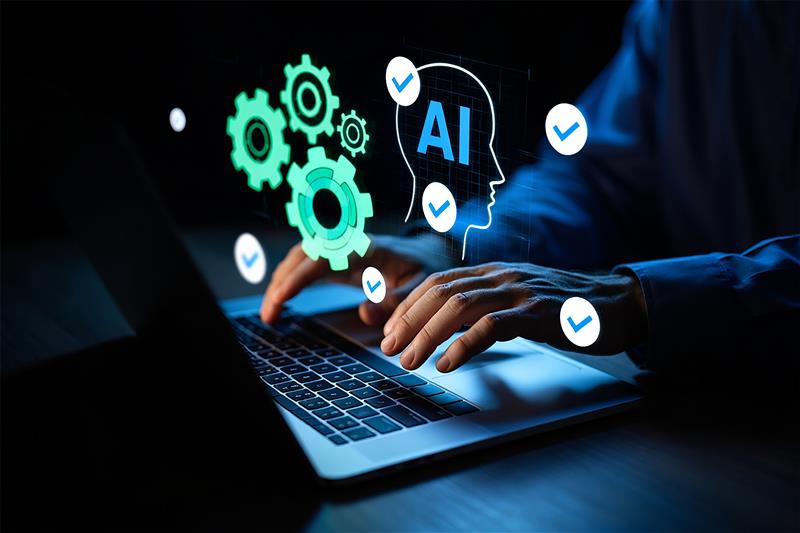
"Course development has always been a balancing act. On one hand, you need to create engaging, high-quality educational content that truly serves your learners. On the other hand, you're racing against time to get courses launched before they become outdated or lose their competitive edge. This tension between quality and speed has kept many instructional designers awake at night, wondering how to do more with less."
"Remember the days when creating a course outline meant hours of brainstorming, research, and restructuring? Those days are behind us. Modern AI can take your basic course idea and transform it into a comprehensive structure faster than you can finish your morning coffee. Simply provide the AI with your learning objectives, target audience, and desired difficulty level, and watch as it generates detailed module breakdowns, lesson plans, and even suggested activities."
AI accelerates course development by generating outlines, module breakdowns, lesson plans, and scripts from simple inputs like learning objectives, audience, and difficulty level. AI tools automate content adaptation by summarizing long documents, reorganizing flow, and adjusting language and complexity for different learner groups. AI can produce multimedia assets such as visuals, audio narration, and slide decks, and can help create formative assessments and feedback. AI streamlines review, localization, and versioning, enabling faster iteration and deployment. Human oversight remains necessary to ensure pedagogical alignment, accuracy, cultural suitability, and ethical use of AI outputs.
Read at eLearning
Unable to calculate read time
Collection
[
|
...
]